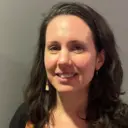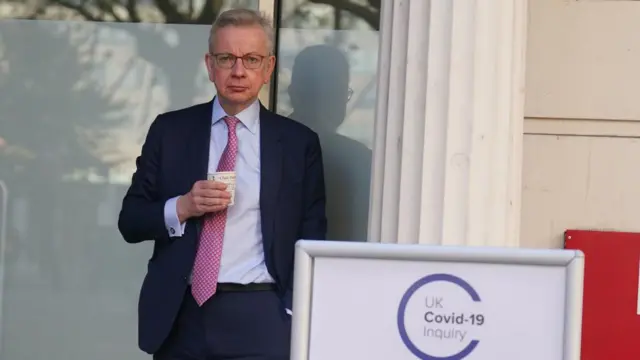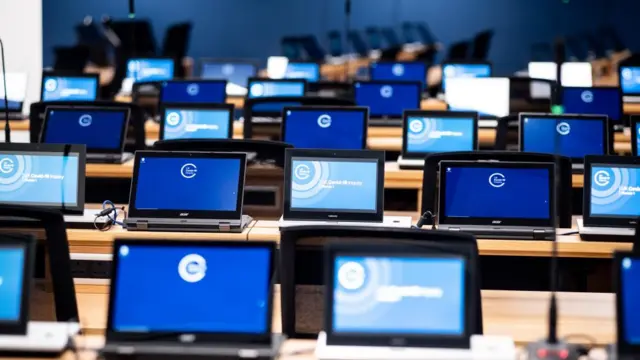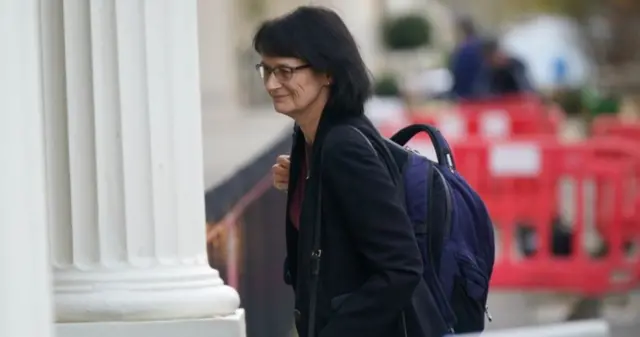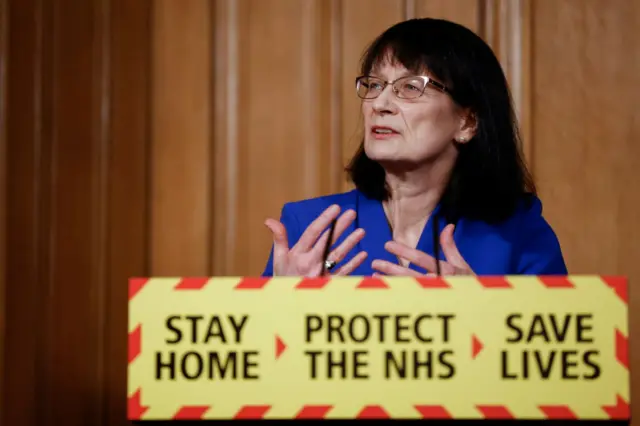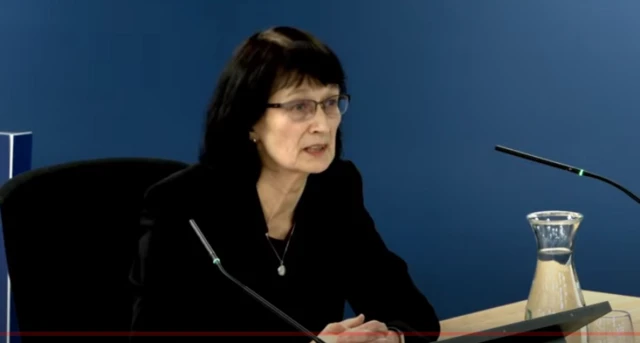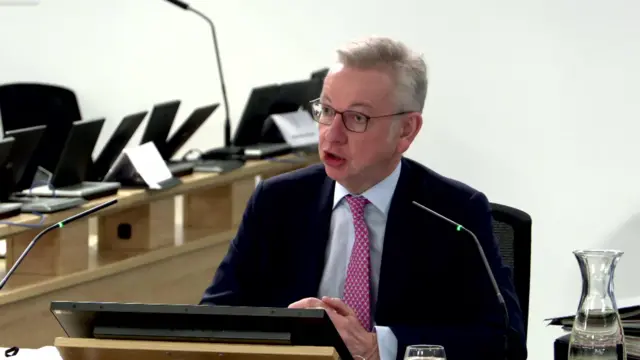Evidence from England's ex-deputy chief medical officerpublished at 09:19 GMT 29 November 2023
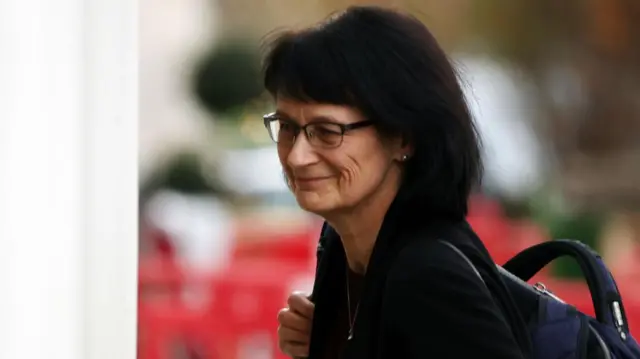 Image source, EPA
Image source, EPADame Jenny Harries, chief executive of the UK Health Security Agency (UKHSA), began her evidence at the end of yesterday’s session. Here’s a reminder of what she said:
- Harries, who appeared at daily Covid briefings from Downing Street during the pandemic, told the inquiry her role was not about defending government policy, but as "somebody to try and support public understanding”
- She said standing next to the PM at No 10 was not a position she’d ever imagined being in, adding that Covid was a “very, very frightening time for many”
- Asked about comments she made at a press conference in April 2020, where she said the UK was "very highly prepared" for the pandemic, she said the claim felt wrong "in retrospect"
- Harries was asked about comments she made in March 2020 when she said "the country has a perfectly adequate supply of PPE at the moment"
- She said she had "no direct responsibility for PPE at all” and apologised soon after
